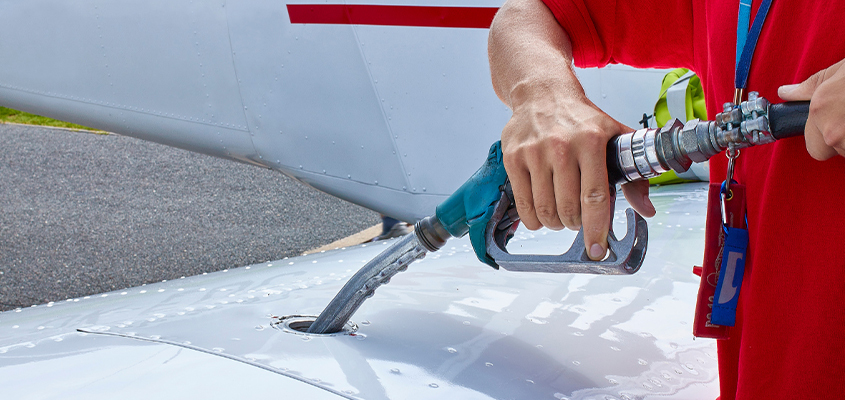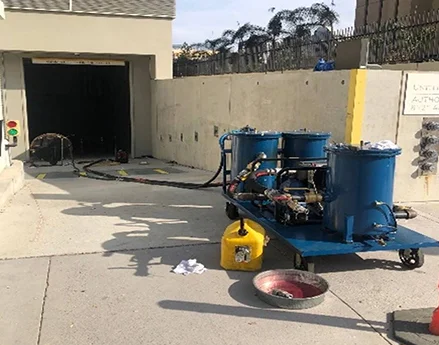Jet Fuel Contamination: Causes and Prevention
Jet fuel contamination is a serious issue that can affect the safety and reliability of aircraft charter service operations. Contaminated fuel can cause engine failure, flight delays, and even accidents. Therefore, it is important to understand the causes of jet fuel contamination and how to prevent it. In this article, we will discuss the various causes of jet fuel contamination and the preventive measures that aircraft charter service operators can take to ensure safe and reliable flights.
Causes of Jet Fuel Contamination
There are several causes of jet fuel contamination, including:
Poor storage and handling practices
Jet fuel can become contaminated if it is not stored and handled properly. For example, if water or other substances get into the fuel storage tank, they can mix with the fuel and cause contamination.
Dirty fueling equipment
If the fueling equipment is not clean, it can contaminate the fuel with dirt, rust, or other debris.
Contaminated fuel trucks
Fuel trucks that are not properly maintained can also contaminate the fuel. For example, if the truck's tanks are not cleaned regularly, they can contaminate the fuel with sediment and other debris.
Microbial growth
Microbial growth, such as bacteria and fungi, can also cause jet fuel contamination. These microorganisms can grow in the fuel tank and cause contamination over time.
Preventive Measures for Jet Fuel Contamination
To prevent jet fuel contamination, aircraft charter service operators can take several preventive measures, including:
Proper storage and handling practices
Jet fuel should be stored and handled properly to prevent contamination. For example, fuel storage tanks should be cleaned regularly, and the tanks should be kept sealed to prevent water or other substances from getting in.
Clean fueling equipment
Fueling equipment should be kept clean to prevent contamination. Fuel trucks should be cleaned regularly, and the fueling nozzles should be checked for dirt and debris before each use.
Proper fueling procedures
Proper fueling procedures should be followed to prevent contamination. For example, the fueling nozzle should be inserted into the aircraft's fuel tank slowly and carefully to prevent splashing or spilling.
Regular testing
Regular testing of the fuel can help identify contamination before it becomes a problem. Fuel samples should be taken from the fuel storage tanks, fuel trucks, and the aircraft's fuel tanks, and tested for contaminants.
Microbial growth prevention
To prevent microbial growth, aircraft charter service operators can use biocides or other treatments to inhibit the growth of bacteria and fungi in the fuel tank.
Conclusion
Jet fuel contamination can be a serious problem for aircraft charter service operators. To prevent contamination, it is important to understand the causes and take preventive measures. Proper storage and handling practices, clean fueling equipment, regular testing, proper fuel procedures, and microbial growth prevention are all important steps that aircraft charter service operators can take to ensure the safety and reliability of their flights. It is also crucial for aircraft charter service operators have a contingency plan in case of jet fuel contamination, to minimize any potential impact on their operations.
By following these preventive measures, operators can help ensure that their aircraft remain safe and reliable for their passengers and crew.







Comments
Post a Comment